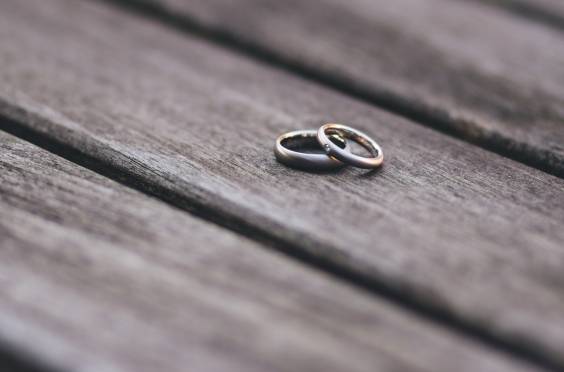Divorce FAQs
Divorce FAQs
Getting divorced is an incredibly stressful experience. Having a robust knowledge of divorce law and the practical elements of getting divorced can give you confidence. This is why I have created answers to the following questions that clients frequently ask when they first contact me.
What is the law around getting a divorce?
Divorce in England and Wales is governed by the Divorce, Dissolution, and Separation Act 2020 (DDSA 2020). Under the DDSA 2020, neither party has to ‘blame’ the other for the marriage breaking down by citing adultery or unreasonable behaviour. Instead, one or both parties simply need to make a statement that the relationship has irretrievably broken down.
Can my husband or wife stop me from getting a divorce?
There is no scope for one party to contest the divorce in order to prevent it. The Court must accept the individual’s or couple’s statement that the marriage has irretrievably broken down and make a divorce order.
Allowing for joint divorce applications provides a foundation for couples to complete divorce negotiations around the financial settlement and arrangements for children amicably.
Is my husband/wife automatically entitled to half of everything if we divorce?
The starting point for the Court when working out a divorce financial settlement is a 50/50 split of matrimonial property. Marital property can include the family home, savings, investments, personal possessions, and business interests. However, the Court must apply the factors listed under section 25 of the Matrimonial Causes Act 1974 when deciding how to divide up the matrimonial property. These factors are:
• The income, earning capacity, property and other financial resources which each of the parties to the marriage has or is likely to have in the foreseeable future
• The financial needs, obligations and responsibilities which each of the parties to the marriage has or is likely to have in the foreseeable future
• The standard of living enjoyed by the family before the breakdown of the marriage;
• The age of each party to the marriage and the duration of the marriage
• Any physical or mental disability of either of the parties to the marriage
• The contributions which each of the parties has made or is likely in the foreseeable future to make to the welfare of the family, and
• The conduct of each of the parties, if that conduct is such that it would, in the opinion of the Court, be inequitable to disregard it.
The Court will analyse these factors and make a financial order that is fair and meets the needs of both parties. This may mean that your husband or wife actually received more than 50% of the matrimonial property.
Do I have to go to Court to get divorced in England and Wales?
The family law system in England and Wales is set up to help couples negotiate divorce financial settlements and arrangements for children between themselves. Therefore, in most cases, divorcing parties will try to reach an agreement on how their property and other marital assets should be divided. If this is not possible, couples are encouraged to try mediation as a way to reach an agreement. If mediation is not suitable or you and your spouse fail to reach an agreement, then court proceedings may be brought.
How quickly can you get divorced in England and Wales?
If you and your spouse can harmoniously work out between yourselves how to divide your matrimonial property and make arrangements for your children, your divorce may be finalised in just over six months. But if there are complex financial arrangements such as overseas properties, private pensions, stocks and shares, and/or business interests that must be divided, or the two of you cannot agree on matters involving money or children, the process can take much longer and cost a great deal more.
Do I have to wait two years to get a divorce in the UK ?
No, under the DDSA 2020, there is no need to wait two years in England and Wales. The law for Scotland and Northern Ireland differ. You can read about the Scottish process here and how to get divorced in Northern Ireland here.
Do I need a Solicitor to get a divorce?
You can make a divorce application without a Solicitor. But it is crucial to recognise that getting divorced is a highly emotional time and incredibly stressful. These two things alone can make it difficult to make decisions that protect your best interests. Having a Divorce Law Solicitor by your side, providing practical, rational advice, can make a huge difference in whether you get a fair financial settlement that allows you to build a positive future.
Having an experienced Solicitor fighting in your corner is also particularly important if there is a history of abuse in your marriage or your partner is a narcissist or controlling. I often find that these types of people are incredibly toxic during the divorce process, especially when it comes to manufacturing reasons to delay matters. The best Divorce Law Solicitors will not be intimidated by such behaviour and will work respectfully but firmly to ensure your divorce is finalised in a reasonable timeframe.
At Rosewood Solicitors, we have years of experience in helping clients get divorced. If you have any questions regarding this article, please call us on 0300 3732424.


